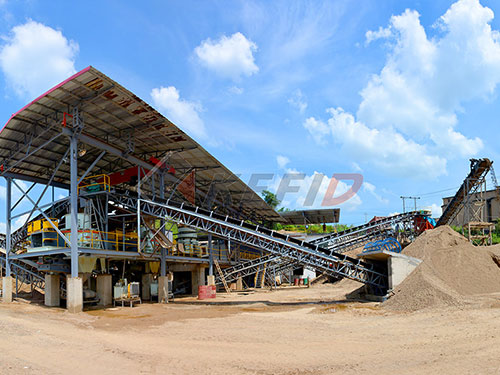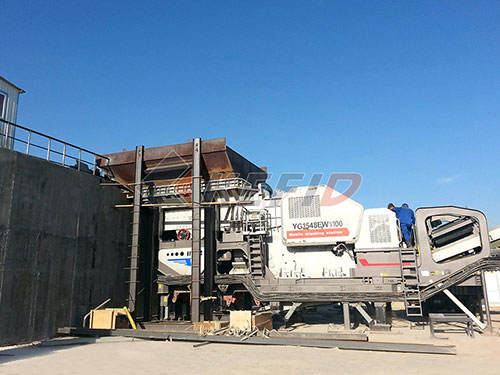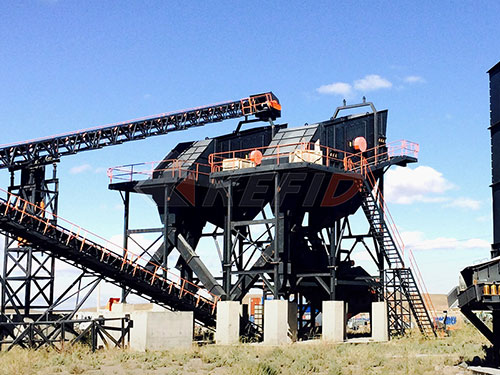Why Start Stone Crushing Business In Zimbabwe.
Why Start a Stone Crushing Business in Zimbabwe? Seizing a Foundational Opportunity
Zimbabwe stands at a pivotal moment in its development trajectory. Ambitious infrastructure projects, a burgeoning construction sector, and persistent demand for affordable housing collectively create an environment ripe with opportunity, particularly for foundational industries like stone crushing. Launching a stone crushing business in Zimbabwe isn't just about selling aggregates; it's about strategically positioning oneself to supply the essential building blocks of national growth. Here’s why this venture holds significant promise:
1. Surging Demand Driven by National Development:
Infrastructure Renaissance: The government prioritizes rehabilitating and expanding critical infrastructure – roads, bridges, dams (like the ongoing Kariba Dam rehabilitation), railways, and energy projects. The National Development Strategy 1 (NDS1) heavily emphasizes infrastructure as a key economic enabler. All these projects consume massive quantities of crushed stone for bases, sub-bases, concrete production, and erosion control.
Construction Boom: Urbanization continues apace, driving demand for residential, commercial, and industrial buildings. From high-rise developments in Harare and Bulawayo to housing projects nationwide, the need for concrete (requiring aggregates) and direct stone applications (foundations, landscaping) is substantial and sustained.

Housing Deficit: Zimbabwe faces a significant housing shortage. Government initiatives and private developers are actively working to close this gap, creating continuous demand for affordable building materials like crushed stone for foundations, slabs, and block production.
2. Favorable Policy Environment & Local Content Push:
Import Substitution: Heavy reliance on imported construction materials strains foreign currency reserves. Government policies increasingly encourage local production to reduce imports and preserve forex. A locally established crushing plant directly aligns with this national priority.
Empowerment Focus: Initiatives promoting local ownership and participation in key sectors benefit indigenous entrepreneurs entering industries like quarrying and aggregate production.
Infrastructure Investment: Government commitment (despite fiscal constraints) to infrastructure spending provides a relatively predictable pipeline of demand compared to purely private-sector driven markets.
3. Resource Availability & Competitive Advantage:

Abundant Raw Material: Zimbabwe possesses significant geological resources suitable for aggregate production – granite, dolerite, sandstone, limestone are widespread across many regions. Securing viable quarry leases is often feasible.
Lower Initial Capital Outlay (Relative): While requiring investment (land acquisition or lease permits), establishing a medium-scale crushing operation can be more accessible than


